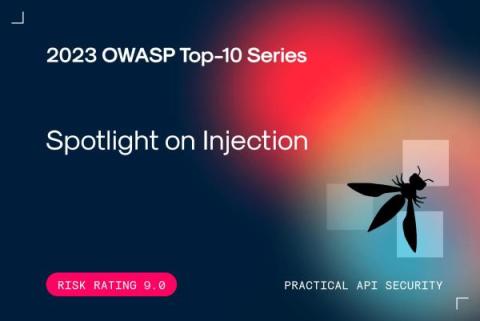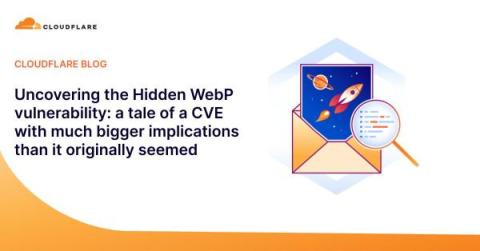2023 OWASP Top-10 Series: Spotlight on Injection
Welcome to the 12th post in our weekly series on the new 2023 OWASP API Security Top-10 list, with a particular focus on security practitioners. In this series we are taking an in-depth look at each category – the details, the impact and what you can do about it. To see previous posts you might have missed, click here. This post will put a spotlight on Injection, which used to be its own category (OWASP API8:2019) but has now been subsumed into OWASP API10:2023 (Unsafe Consumption of APIs).











